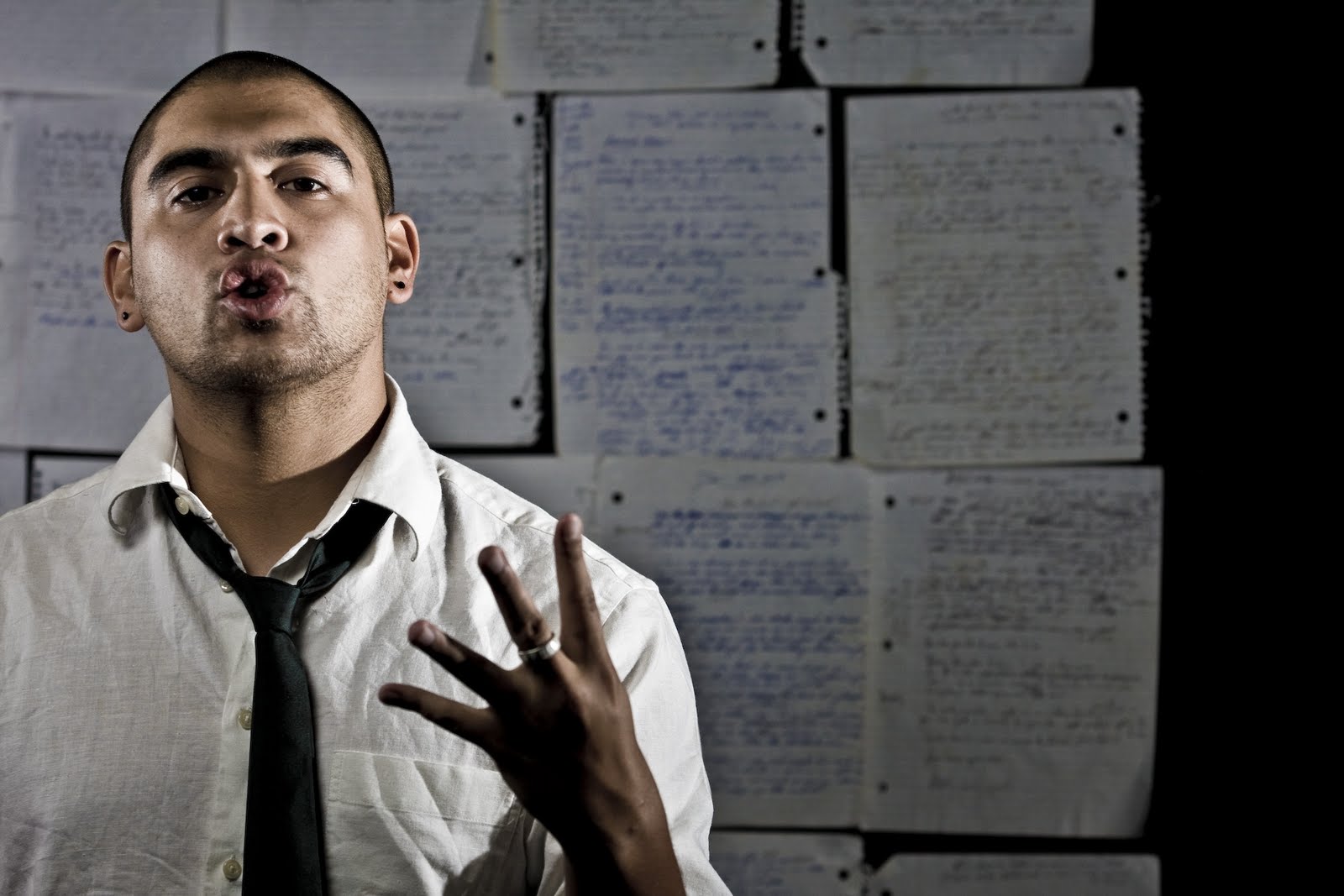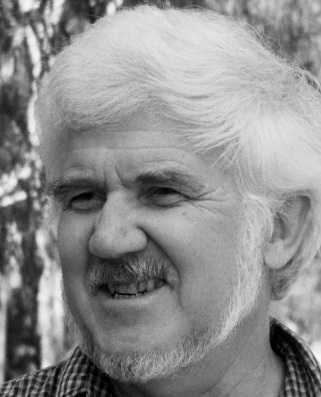Geoff Page: Mainly the enjoyment of doing it — though there can be painful stretches when things aren’t going well. Initially, writing requires self-discipline but quite soon it becomes an obsession. After that it’s a matter of quality-control.
GP: It was a halcyon period in many ways — and certainly essential to my development as a poet. To meet the standard set by Alec Hope, David Campbell, Bob Brissenden and Rosemary Dobson was no small consideration. David Brooks was in the younger generation, along with Alan Gould, Kevin Hart, Mark O’Connor, Philip Mead, et al. They also had the effect of driving me forward. One way or another, the latter group ran the ANU Poetry Society, produced a nationally-distributed magazine called Canberra Poetry and issued quality broadsheets from the Open Door Press. In age, I was conveniently between the two groups and both were an incentive for me to keep writing and become more serious about my art.
To be a Canberra poet in those days (as opposed to a Sydney or Melbourne one) marked you, to some extent, as an aesthetic conservative but I had no trouble making connections with other differently-inclined poets in Sydney and, to a lesser extent, in Melbourne. Back before he published his first book in 1965, Les Murray had worked at the ANU as a translator and his influence was (perhaps coincidentally) strongly felt by most, if not all, of the younger generation of Canberra poets. These, too, were the years of the Australian ‘Poetry Wars’ in which, like Switzerland, I tried, in my reviewing and other activities, to remain neutral—although my own poetry did, I concede, suggest a loyalty to one side rather than the other.
IG: What was your experience of the ‘elder’ poets?
GP: Alec [Hope] was the first of them to read any of my work, well before I published a single poem. A small selection was sent to him via a mutual friend and Alec replied generously saying something to the effect that ‘this poet may have something; he seems to spit the poems out of the side of his mouth’. I took that as a favourable reference to what I considered my ‘minimalism’. It was perhaps even more generous when one considered Alec’s notorious essay on ‘free verse’ — which he condemned absolutely while being more than kind to its practitioners. Perhaps, even then, he noticed my verse was less ‘free’ than I thought.
David Campbell was another who took young poets seriously. I can remember his showing me a few of his as yet unfinished poems and seeking my opinion, not the action of most poets 25 years one’s senior. David was also a considerable lunch companion and inviter of poets to lunch at his small station called ‘Folly’s Run’ (where he would say: ‘Come about ten and we can do some work on the yards first.’)
Judith Wright I came to know better towards the end of her life when she was living in a flat in Lyons. I recall her launching a book for me in 1980 and having the distinct feeling that she had accepted me by then as the ‘genuine article’ — not someone who was merely dabbling at the edges of the art. Rosemary Dobson, who died only last June, was comparably inspirational though in a rather different way. Unlike Judith, Rosemary was not political and perhaps rather like the Argentinian writer, Jorge Luis Borges, had a more transcendent approach, as well as a more familial and domestic one. Her very presence at the readings I ran from 1994 in successive Canberra cafés (now Poetry at the Gods) was, in itself, encouraging — not only to local poets but to those who came from Sydney, Melbourne and elsewhere. Hers was a quiet presence but an indispensable one.
Other poets of that time, who are perhaps undeservedly less well-known, include RF (Bob) Brissenden and the diplomat JR Rowland — one rather wilder than the other but both encouraging by their sustained presence on the scene. Bob, in particular, was famous for his parties (the like of which are rare these days, I’m afraid). Bob, like Alec Hope, was deeply learned and reminded us that the twentieth was not the only century with any merit. The age of Doctor Johnson was also of interest.
IG: How has Canberra’s poetry scene changed since then?
GP: That’s a long story — suffice to say that the ‘scene’ now is more diverse, with performance and slam poetry playing a role, too. ‘Literary’ poetry, on the ‘page’ rather than ‘stage’, is my preferred genre — even though I think the ‘oral’ dimension of poetry is crucial. It’s interesting that we now have more than 20 ‘literary’ poets in Canberra (and surrounding regions) with some sort of national profile. It can make it hard to fit them all in every second year or so at the Gods readings. I organise — which, of course, have many poets from all around the country (and even overseas, on occasion) as well.
IG: Your poem ‘My Mother’s God’ is included in The Invisible Thread. Can you tell us about what sparked it, and what it means to you?
GP: It came from arguments I used to have with my mother when I was about 19. I was a member of the Student Christian Movement at the time but have long since been an agnostic. My mother recognised the poem as one of my best but she still felt embarrassed by it (probably because it was too ‘close to the bone’). I suspect it’s a definitive version of what I call ‘secular protestantism’, a tendency which I have not altogether escaped myself.
IG: Religion is one of the major themes of your work, what keeps bringing you back to this theme?
GP: Religion is not ‘going away’ as rapidly as atheists would wish. It’s a potent force in the world (quite often for ill). We need to understand it (in its many different dimensions) and recognise its long role in our intellectual history. Most of our current secular values originate in Christianity (particularly Lutheran protestantism) but it’s more than fortunate the eighteenth century enlightenment came along too as an ‘antidote’ to its excesses. I don’t really like certainty in any form, religious or secular, but metaphysical questions continue to intrigue me. My partner, Alison, (who grew up in a manse) assures me I have written too many religious poems and she’s probably right.
IG: What book has had the most significant impact on you?
GP: That’s hard to say; there are so many. I’d certainly mention William Carlos Williams’ Selected Poems and Judith Wright’s The Moving Image as two crucial ones in my formative years.
IG: What books are currently on your bedside table?
GP: It’s a big, unread pile threatening to ‘brain’ me in the night. At the moment I’m reading Patrick White’s first novel, Happy Valley. I would like to read more fiction and philosophy than I do. Of course, I read a lot of contemporary Australian poetry as a reviewer and a certain amount of history and nonfiction as ‘research’ for my poems.
IG: What are your literary plans for 2013?
GP: My New Selected Poems (Puncher & Wattman) is due out in October and my ‘horizontal narrative’ in verse, 1953, (UQP) will be launched at the National Library Bookshop in April. At the moment, I’m working on individual poems rather than any longer project.
Geoff Page will be reading his Invisible Thread poem at an evening of readings on 14 March, 6 pm at Paperchain Bookstore. Other readers will include Bill Gammage, Marion Halligan, Susan Hampton, Suzanne Edgar and Julian Davies.





